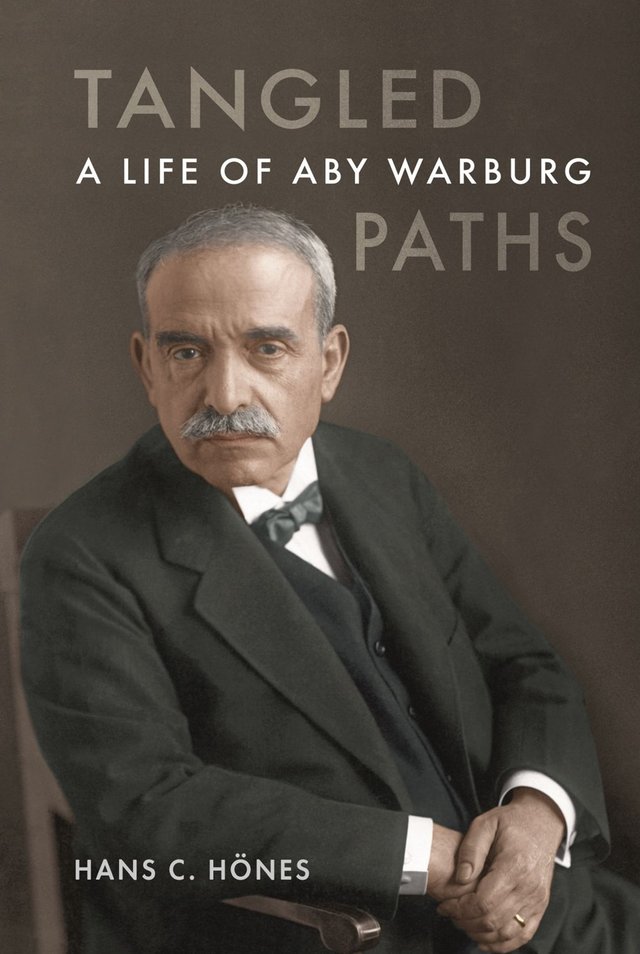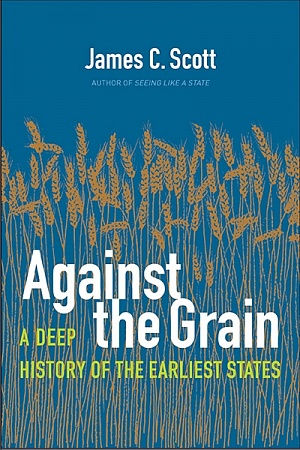No Front Line: Australia’s special forces at war in Afghanistan
Allen & Unwin, $32.99 pb, 609 pp, 9781760111144
No Front Line: Australia’s special forces at war in Afghanistan by Chris Masters
Few organisations defend their reputation more vigorously than the Australian Defence Force (ADF). Long since clasped to the national bosom, the ADF has no intention of being shoehorned out of its prized position at the heart of Australian identity and culture. The first duty of its public affairs personnel is to protect the brand – a brand, it believes, is fragile and under constant assault. In reality, the ADF’s reputation is virtually unbreakable. At one point during 2011 there were six separate investigations running simultaneously into various aspects of ADF culture, including inquiries into personal conduct within the ADF, the use of alcohol, the treatment of women at the Australian Defence Force Academy (ADFA) and in the ADF more broadly. Sparked by the ADFA Skype Sex Scandal, the investigations laid bare a toxic culture of misogyny, bullying, and abuse. What damage did this scarifying experience inflict on the ADF’s standing in the eyes of the public? In February 2012, while new allegations of abuse were still surfacing, Essential Research asked its polling sample ‘How much trust do you have in the following national institutions?’ The ADF came in top, well ahead of the Federal Police, the Federal and High Courts, ASIO, the Reserve Bank, and the Commonwealth Public Service.
Continue reading for only $10 per month. Subscribe and gain full access to Australian Book Review. Already a subscriber? Sign in. If you need assistance, feel free to contact us.


.png)
.png)





Comments (2)
I remember reading it when it was first published, but reading it again now has reminded me that war is an ugly business.
I feel sorry for those soldiers who were sent to fight a foreign war that most Australians didn't care about or understand. That's why the soldiers suffer so badly when they return home.
The review also puts into a much clearer setting the current war crimes trial of Ben Roberts-Smith VC.
Leave a comment
If you are an ABR subscriber, you will need to sign in to post a comment.
If you have forgotten your sign in details, or if you receive an error message when trying to submit your comment, please email your comment (and the name of the article to which it relates) to ABR Comments. We will review your comment and, subject to approval, we will post it under your name.
Please note that all comments must be approved by ABR and comply with our Terms & Conditions.